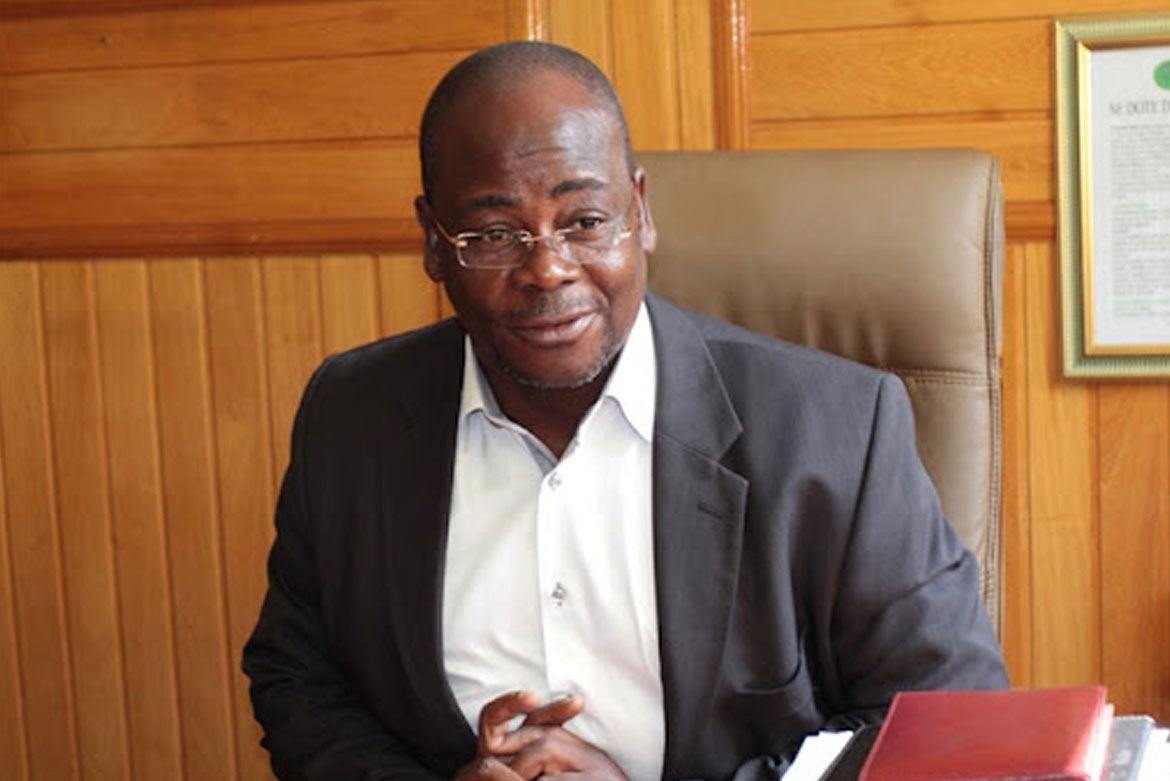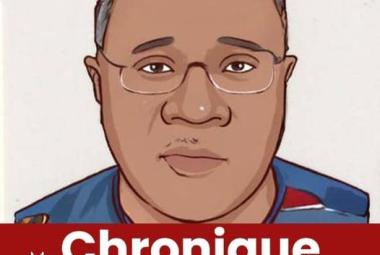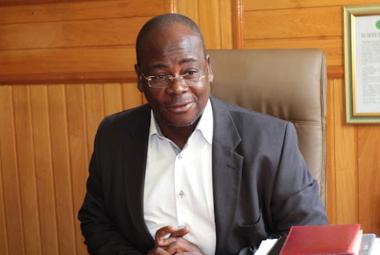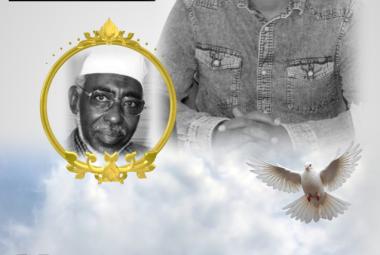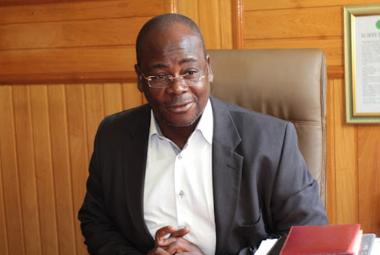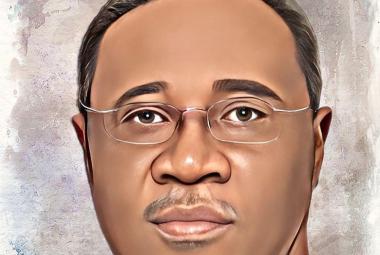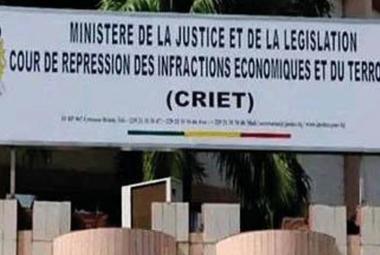For some time, I have been following with great interest, and, to be quite honest, with great concern, the development of the situation in Tunisia with its President Kais Saied. I confess to having a particular affection for this country which is so beautiful, so warm, with such a rich history, where I have at least two great friends whom I consider to be brothers, Riadh and Khaldoun, two friends who are fighting over the right to stay with them every time I go to their country. But since the last statements of the Tunisian president, it is with amazement that I now follow the news of this country. The Tunisian head of state recently spoke very violently about the arrival of “hordes of illegal migrants” whose presence in Tunisia is, according to him, a source of “violence, crimes and unacceptable acts. He further maintained that this immigration was part of a “criminal enterprise hatched at the dawn of this century to change the demographic composition of Tunisia in order to transform it into an African country only, and to blur its Arab-Muslim character. He called on his country's authorities to act "at all levels, diplomatic, security and military" to deal with this immigration. And according to the testimonies of several Tunisian NGOs and sub-Saharans living in Tunisia, the latter would be subject to discrimination, harassment, physical attacks, police checks based on racial profiling, arbitrary arrests and expulsion from their homes, even from the country for no reason.
That an Eric Zemmour in France agitates the theory of the great replacement to make a little room for himself on the French political spectrum could pass. But that the Head of a member state of the African Union uses this argument, to provoke pogroms against Africans living in his country, can no longer be tolerated by Africans. The African Union reacted. We now await the reactions of our leaders to us, sub-Saharan Africans. We want to understand that some populations, poorly educated in North Africa or formatted by centuries of a certain education, have difficulty accepting themselves as Africans, this word referring in their minds to us, Black Africans, whom they consider to be subhuman. But that such remarks come from a Head of state raises serious questions about relations between sub-Saharan Africa and North Africa and generally the Arab countries. It is regularly that sub-Saharans are victims of racism in Arab-Muslim countries, whether in Africa or the Middle East. Without the Heads of State of Black Africa challenging their counterparts in these countries. In Mauritania, black populations are reduced to slavery. The same is true in Libya. Even in the time of Gaddafi, who posed as a champion of African unity, Blacks were discriminated against and martyred in his country. Recently, it was Algeria that expelled Black people in inhumane conditions. Let's not talk about Lebanon and the Gulf countries. How long are we going to be used as “my brother” when it comes to taking advantage of us, when the real feeling we experience is contempt, even hatred? How long are we going to accept this? If our leaders do not react through the diplomatic or political channels at their disposal, one day the streets will react, with the consequences that we can imagine and that no one could wish for.
Mr. Kais Saied knows very well that the sub-Saharan population in his country is essentially made up of students and candidates for emigration to Europe who use his country only as a transit area. How can they threaten the demographic composition of Tunisia? Has he counted the number of Tunisians who live elsewhere than in their own country? Does he know the number of his fellow citizens who seek to flee his country because of its bad governance? Everywhere in the world, when a leader fails to meet the aspirations of his people, he looks for a scapegoat. We cannot, and must not, accept being scapegoats for Mr. Kais Saied, or any other leader. Sub-Saharan African countries are generally very welcoming to foreigners from other non-Sub-Saharan countries. Our hatreds are always directed against those who have the same skin color as us. Our leaders must demand from all the countries of the world, but especially from those with whom we sit in the African Union, and all those countries whose citizens and businesses we welcome with open arms and hearts, a minimum of respect towards us.
By Venance Konan



